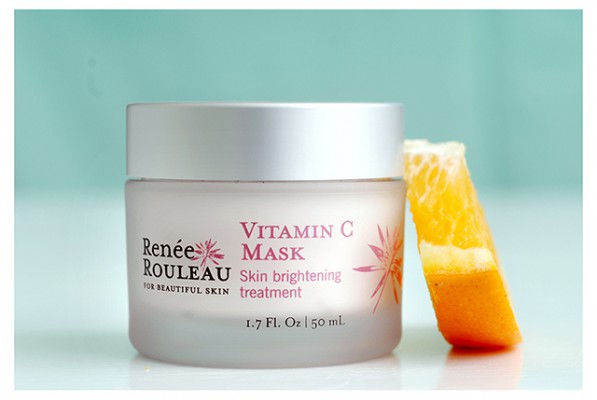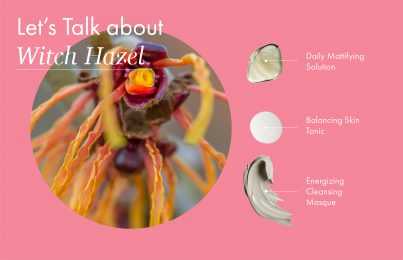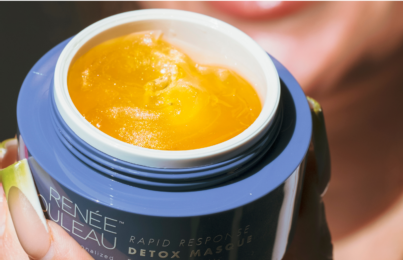It’s a fact that hydrated skin is healthy skin, and you’re always hearing me talk about the importance of avoiding the use of harsh products that can dry out the skin. This certainly goes for masks, too.
Clay masks are sold as a way to draw out impurities and deep clean the pores, but most clay masks only leave the skin feeling tight and dry—and that’s the last thing that any skin needs…
The clay ingredient (known as Bentonite) is actually a great ingredient for purifying the pores, but the mask must contain other hydrating ingredients to prevent it from being too drying. For example, our Vitamin C Mask is what I consider a hydrating clay mask. It has the benefits of clay so it’s great for those who produce oil, but it also delivers water-based hydration deep into the skin. It’s fabulous for combination skin prone to breakouts like our Skin Type #2.
The only time it might be beneficial to use a drying clay mask is for those with extremely oily skin and severe acne. For most people it is not recommended.
How do I know if my clay mask is too drying?
If you were to smile after your clay mask has dried, would it crack into a million little pieces? If so, then you should avoid that mask.
Which mask is right for your skin? Choose your skin type and get products recommended for your skin.
Celebrity Esthetician & Skincare Expert
As an esthetician trained in cosmetic chemistry, Renée Rouleau has spent 35 years researching skin, educating her audience, and building an award-winning line of products. Her hands-on experience as an esthetician and trusted skin care expert has created a real-world solution — products that are formulated for nine different types of skin so your face will get exactly what it needs to look and feel its best. Trusted by celebrities, editors, bloggers, and skincare obsessives around the globe, her vast real-world knowledge and constant research are why Marie Claire calls her “the most passionate skin practitioner we know.”



